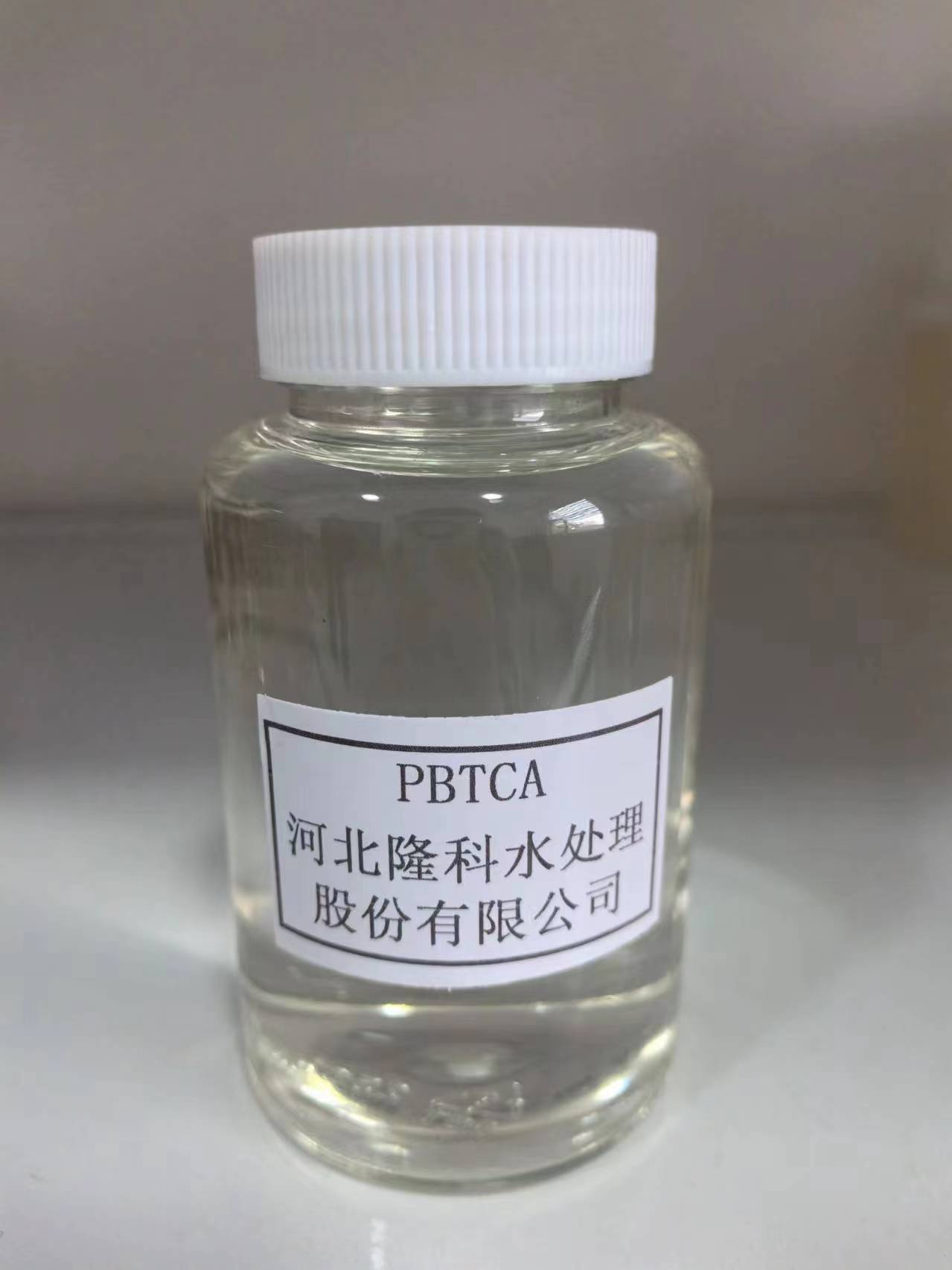Effective Scale Inhibitors for Cooling Tower Performance Optimization and Maintenance
Cooling Tower Scale Inhibitors Ensuring Efficiency and Longevity
Cooling towers are critical components in many industrial and commercial processes. They help dissipate heat from equipment and systems by transferring it to the atmosphere through the evaporation of water. However, as water circulates through cooling towers, it can lead to various challenges, including scale formation. Scale, which consists of mineral deposits, can accumulate on heat exchange surfaces, reducing efficiency and increasing maintenance costs. To combat this issue, cooling tower scale inhibitors play a crucial role.
Scale formation primarily occurs when water is heated, causing dissolved minerals to precipitate out and form solid deposits. Common culprits include calcium, magnesium, and silica, which are prevalent in many water sources. If left unchecked, scale can significantly impair the heat transfer efficiency of cooling systems. It can also lead to increased energy consumption, reduced cooling capacity, and even equipment failure in severe cases. Therefore, managing scale and corrosion is essential for optimal operation.
This is where cooling tower scale inhibitors come into play. These chemical additives are designed to prevent scale formation by altering the properties of the water and the minerals within it. Scale inhibitors work through various mechanisms, including threshold effects, crystal modification, and dispersant action. By doing so, they help keep the minerals in solution, reducing the likelihood of deposit formation on surfaces and within the cooling tower system.
Several types of scale inhibitors are available on the market, each tailored to address specific water chemistry and operational needs. Phosphonates, for instance, are effective in controlling calcium carbonate and calcium sulfate scales. Polyacrylates and maleic copolymers are also popular options, as they help disperse particulate matter and inhibit the growth of scale-forming crystals. It’s crucial for facility managers to select the appropriate scale inhibitor based on water analysis and operational conditions.
cooling tower scale inhibitor

The advantages of using cooling tower scale inhibitors extend beyond mere prevention of scale. By maintaining the efficiency of cooling systems, these inhibitors can help reduce energy costs. When scale accumulates, cooling systems must work harder to achieve desired temperature outputs, leading to increased energy consumption. Therefore, investing in scale inhibitors can yield substantial cost savings over time.
Moreover, preventing scale formation contributes to longer equipment life. When scale builds up, it can lead to overheating, reducing the lifespan of components like pumps, heat exchangers, and cooling coils. By employing scale inhibitors, organizations can minimize wear and tear on their equipment, resulting in fewer breakdowns and lower maintenance costs. This not only enhances operational reliability but also ensures compliance with environmental standards due to more efficient water usage.
Implementing a scale management program should involve regular monitoring and analysis of water chemistry. This includes measuring parameters such as pH, conductivity, and the concentration of scale-forming minerals. Based on this data, operators can adjust the dosage of scale inhibitors as needed, ensuring optimal performance.
In conclusion, cooling tower scale inhibitors are essential for maintaining the efficiency and longevity of cooling systems. By preventing scale formation, these chemical additives help reduce energy costs, extend equipment life, and enhance operational reliability. As industries continue to prioritize sustainability and efficiency, the role of cooling tower scale inhibitors will only grow in importance, making them a necessary component in modern water management strategies.
-
Water Treatment with Flocculant Water TreatmentNewsJun.12,2025
-
Polymaleic AnhydrideNewsJun.12,2025
-
Polyaspartic AcidNewsJun.12,2025
-
Enhance Industrial Processes with IsothiazolinonesNewsJun.12,2025
-
Enhance Industrial Processes with PBTCA SolutionsNewsJun.12,2025
-
Dodecyldimethylbenzylammonium Chloride SolutionsNewsJun.12,2025





